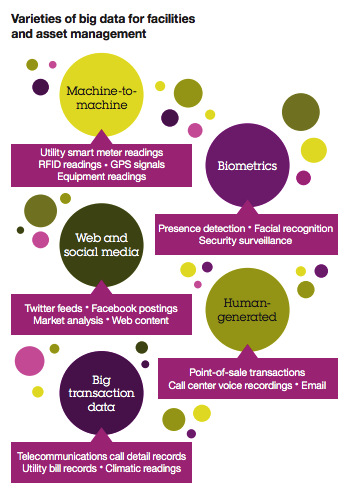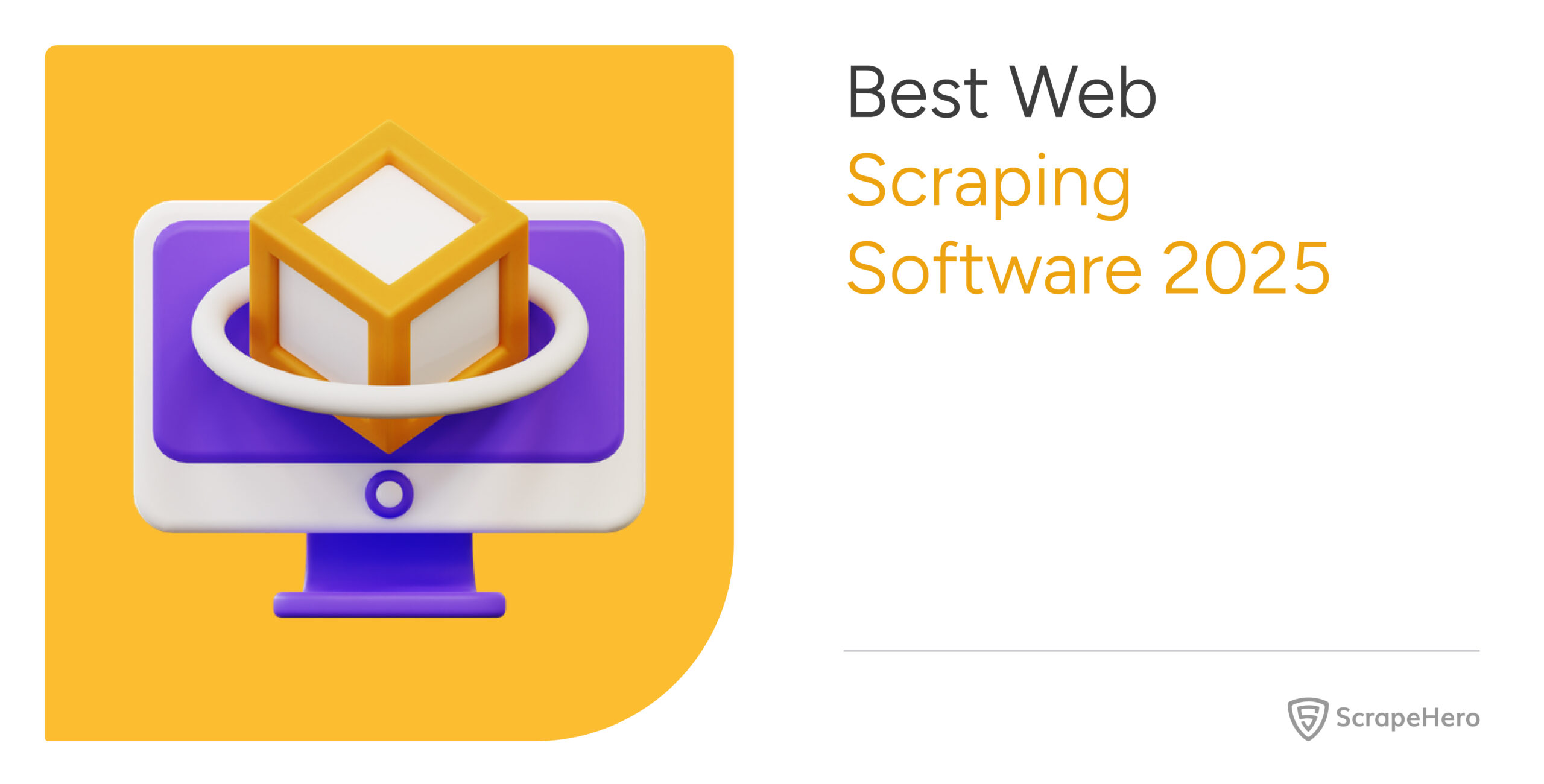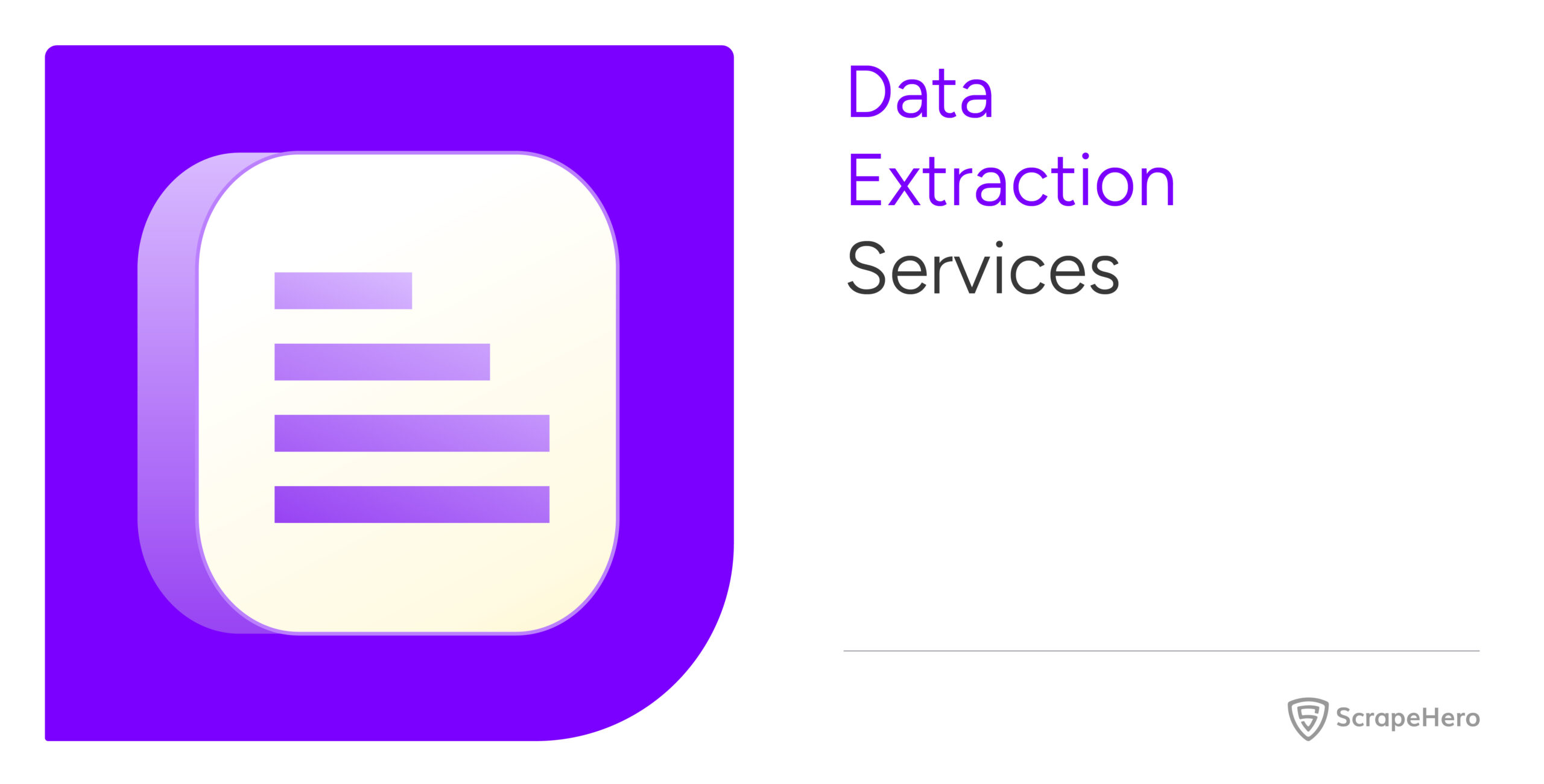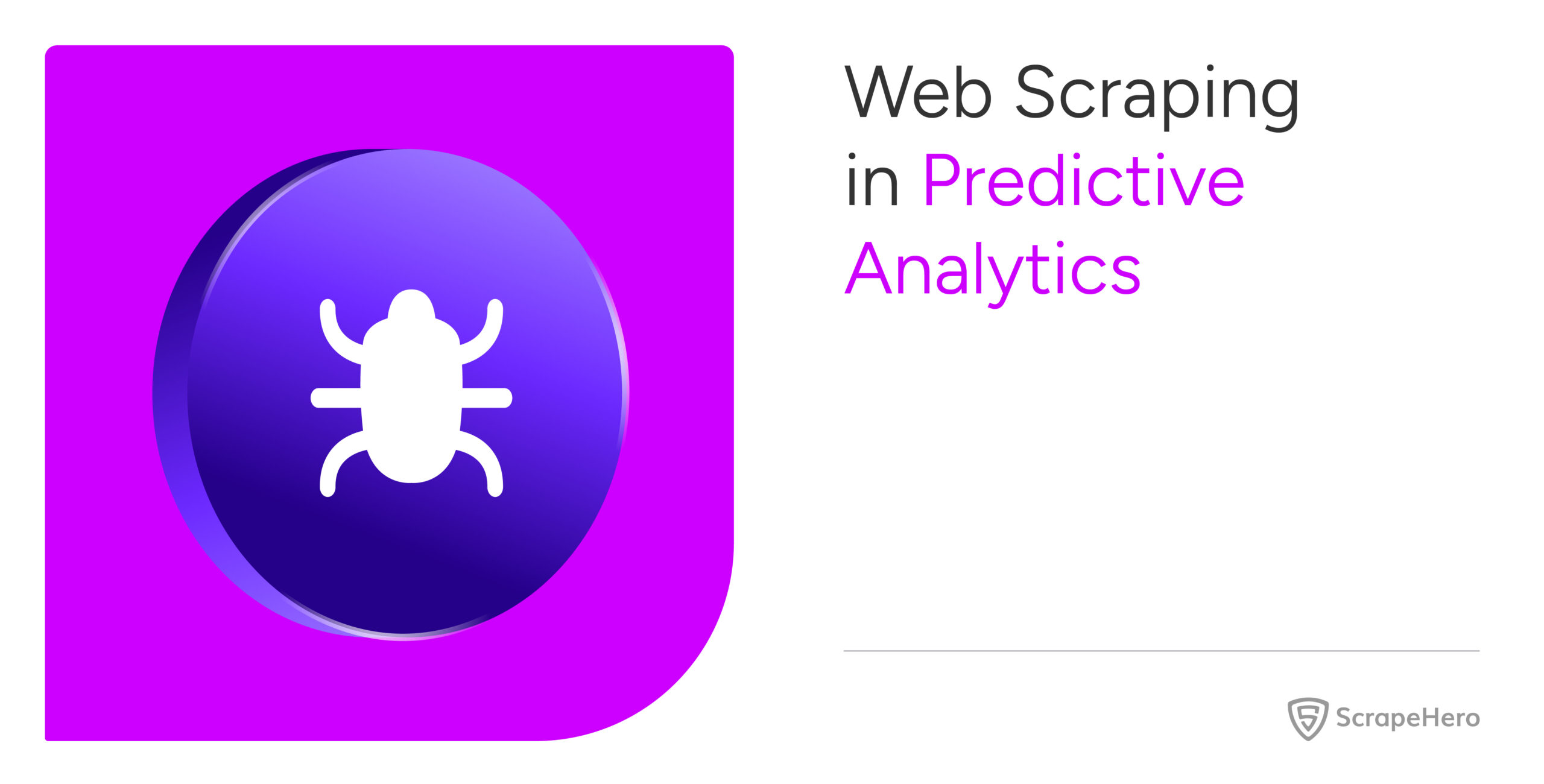The concept of using data to revolutionize business progress is being used largely across almost all industries, and Real Estate industry is no exception. Massive amount of historical data is sitting in paper files, digitized microfilm or scanned PDFs all over the world. As of now, historical data is all over the place with projects at various levels underway to structure the data and make it available for analysis.
The current amount of data generation, whether it be from user generated content, land records, realtor listings is staggering. Large volumes of processed information generated by IoT (Internet of Things) has barely been used in this industry.
According to Forbes, big data adoption which stood at a minimum of 17% in 2015 is now standing at 53%. Though investment and hedge fund firms were the first to dig into the alternative data trend, real estate industry is shaping a futuristic angle from this process, beyond just figures and finances.
What is Big Data?
Big Data refers to the storage of massive amounts of data that has piled up over the years or is being generated at breakneck speed, and its use in predictive analytics, user behavior analytics, or other algorithms to discover valuable insights. The application of big data analysis is valid across multiple fields including medical science, finance or news & journalism.
Big Data in Real Estate

According to a study by the National Association of Realtors, 51% of home buyers found their ideal home online in the last year.
The Internet has made searching for a home or office an experience, powering many apps, websites and online forums using big data. Proximity trackers, real-time traffic estimation, walk scores, noise levels, areas of late night activity, bars, restaurants, parks, outdoor activities and a plethora of reviews and so much more has been brought about by this data revolution, that there is very little room for any confusion. Potential buyers or renters can get a true picture of the town or neighborhood by analyzing this data and comparing it to their needs.
At a macro level curated information from this massive data finds itself into easy to consume lists such as the “Most popular neighborhoods” list on Zillow.
For renters, a great way to consume this data is sites such as Zumper, that provide bite sized and easily consumable data. Here is a the trend of Rent averages in Seattle WA.
And as far as realtors, brokers and firms are concerned, their entire set of consumers have been bundled up just a click away, which can be a blessing if used right. The predictive analysis could help a broker understand his property, buyers and how to bridge the expectation gap and close the deal. Big data is transferring real estate market into a well-calculated game of information.
Read More – Top Fast Food Chains in US
What changed with Big Data?
More than empowering real estate as a business, big data can make markets more secure for both buyers and sellers as it works based on facts and figures.

Property evaluation is more accurate
Real estate firms are already making use of big data and machine learning to enable “automated evaluation models” which can replace the traditional real estate appraisals with an error rate of only about 9%. Current appraisals depend largely on prior evaluation or selling price of a property nearby “comps”, largely ignoring dynamic factors such as improvements or amenities that could boost the property value.
The new models apply the latest economic, demographic and geographic data using big data analytics to remove human error when a property value is analyzed. While a human cannot be truly replaced, algorithms make some decisions better by using more data points while losing some subjective input that a human can provide.
Healthier buying and selling habits
When buyers and sellers have a proper data to backup their decisions, buying and selling becomes easier and well- planned. Understanding communities and environment help builders plan properties that improve resident health, support energy efficiency projects and reduce negative sociological impact by creating self-sustaining residential or industrial units. Incorporating big data also reduced the role of half-informed brokers and disappointed buyers or sellers who enter the market with unrealistic expectations.
Smarter financial institutions
Beyond the advantages to buyers and sellers, a data-oriented real estate setting makes banks and other financial institutions involved in their transactions smarter. For example, banks could dig into big data resources to decide whether a foreclosure or short sale is really worth the offer made by a buyer or seller. Fewer frauds and swindling would mean a more workflow for real estate trade. Digitization of records can eliminate the massive use of paper and reduce errors introduced by transcribed data entry.
Learn more: Alternative data is being increasingly used to perform research, corroborate existing research or verify the results of traditional research and analysis.
What’s next?
Big data in real estate is not aiming just at improving business or refining trade. Data analytics and associated technology are showing signs of improving lifestyle and quality of living for the buyer, which is an additional advantage.
Location Intelligence for house scouting
Expanding the use of Geographic Information Systems by government agencies and real estate managers to capture, store and visually display location information. As of now, worldwide navigation systems and maps use this technology to help drivers but incorporating this in the real estate industry could make house hunting and location scouting more real than ever. Real-time virtual imaging can help plug the flaws with existing scouting methods done through agents and brokers.
Building management technology
Internet of Things (IoT) is definitely helping certain aspects of real estate management as well. Sensors that read everything from air temperature and condition of equipment inside buildings and townships are available in the market. Such systems reduce wait time for maintenance and minimize the expenses while proving to be highly convenient for tenants and residents.
The Internet of Things (IoT) is the network of physical devices, vehicles, home appliances, and other items embedded with electronics, software, sensors, etc which enables these things to connect and exchange data
IoT for mapping air quality
It is quite interesting how technology feeding off big data analytics is influencing factors as basic as the quality of life. Many cities have started integrating air quality sensors to their infrastructure in order to track air quality. Such data sets could have a direct impact on where people choose to live, thus influencing buying and selling patterns.
London has taken a unique approach to air quality monitoring, attaching air quality sensors to ten pigeons in order to monitor air quality over three days of flights.
Making a buyer chase a property is a thing of the past for real estate industry, especially since most buyers knows enough to choose from all available options. The future of a real estate company lies in successfully reading where a buyer would invest. Factors such as location intelligence and IoT facilitates exactly this.
If you are an investor or an analyst and would like to know more about the potential of using big data in your industry, get in touch with us using the form below
Have a real estate data idea? We can help
Turn the Internet into meaningful, structured and usable data







